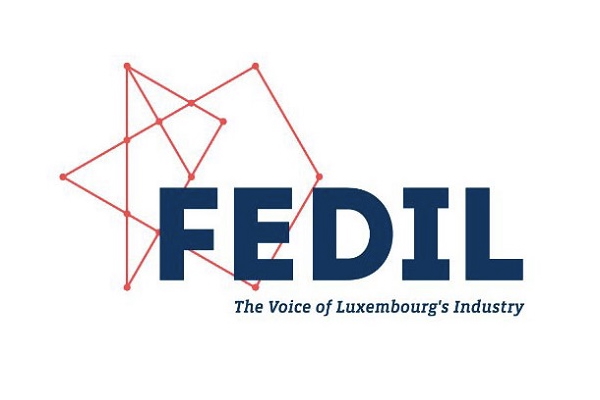
On Thursday 3 July 2025, the Fédération des Industries Luxembourgeoises (FEDIL) issued a press release to draw attention to the current economic situation in Luxembourg, which it said, “remains disappointing”, according to the latest economic data published by STATEC.
FEDIL noted that the construction sector and related industries continued to suffer from weak demand for housing and that the situation is being exacerbated by difficult and unpredictable international pressures, as well as commitments to ongoing energy transition projects, which “significantly influence activity and investment in industry”.
Regarding energy issues, FEDIL welcomed the government measures announced by Luxembourg Prime Minister Luc Frieden, which are aimed at reducing electricity bills, as well as the call for projects from Minister of the Economy, SME, Energy and Tourism, Lex Delles to support investments in decarbonisation.
FEDIL remarked that recent experiences and investor announcements show that the availability and cost of energy, as well as the cost of carbon, have become determining factors for the future of the manufacturing and digital industries in Europe and Luxembourg. It stated that the budgets required in the coming years to successfully complete the energy transition in industry are “not far from those required in an initial phase to meet new international defence commitments”
At the European level, FEDIL noted that it is following with “great interest” the political effort aimed at correcting the regulatory excesses of recent years, which it stated have had a “stifling effect” on the country’s businesses.
The federation said: “It is crucial to recreate a balanced and realistic regulatory environment so that Europe does not fall further behind due to a legislative framework that strongly influences the investment climate.” It added: “Regarding social dialogue at the national level, we hope that constructive discussions can finally begin between the government and social partners with a view to modernising and securing our social model, at a time when economic performance no longer meets social aspirations and when our continent is particularly challenged.”
Moreover, FEDIL warned: “Ignoring these realities in the reform process underway will inevitably result in a burden for future generations. The country's attractiveness to investors and talent, as well as the sustainability of the pension system, are, above all, intergenerational issues.”








